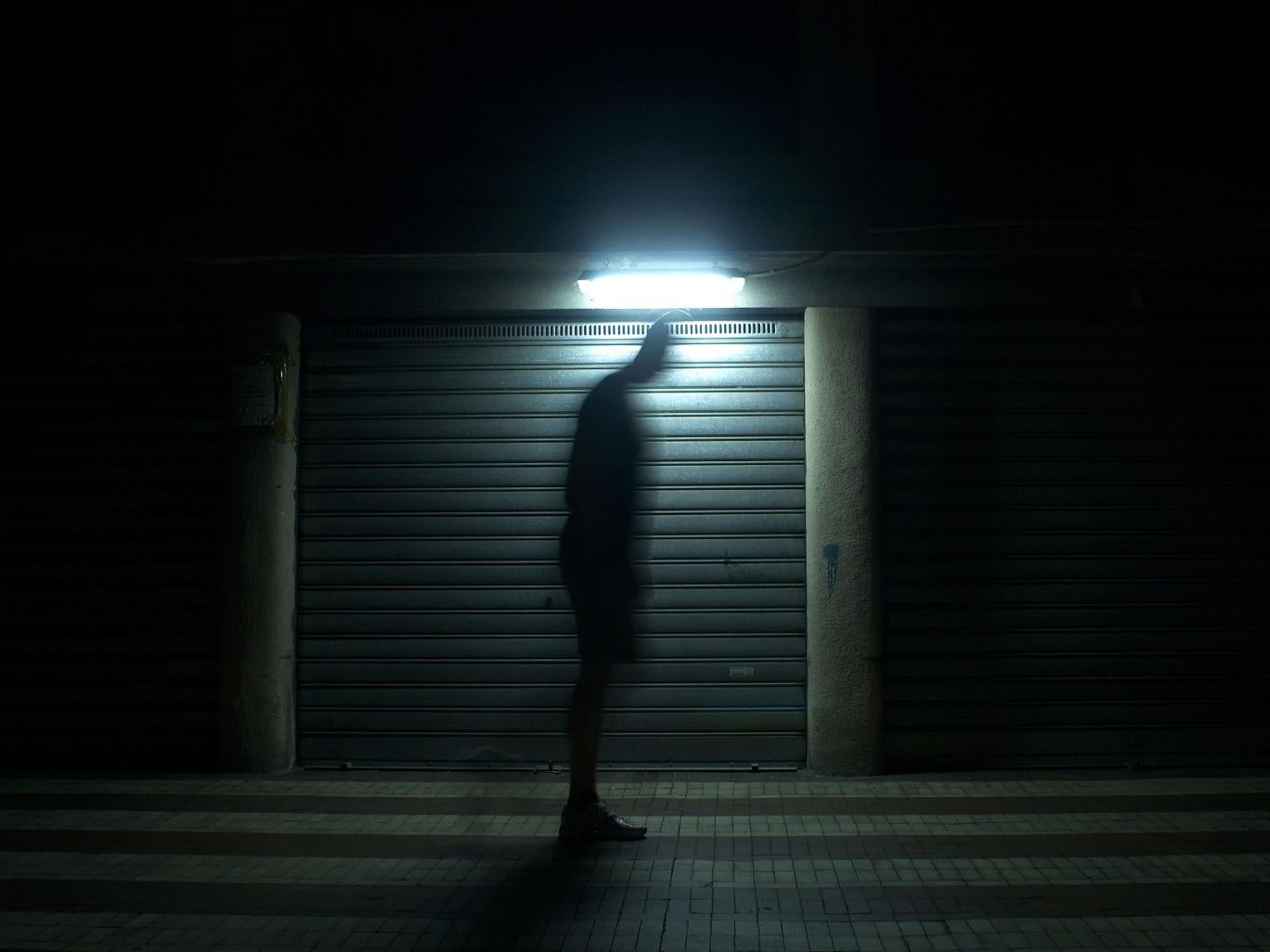The Only Way is Ethics: When reporting suicides we need to use considerable discretion
There is considerable evidence that detailed portrayals of suicide can encourage imitative acts


Reporting suicide can be a difficult business. As with any death, journalists should be sensitive to the feelings of the bereaved; but when an individual has taken their own life there is the added consideration of how media coverage can affect others who may be suicidal.
There is considerable evidence that detailed portrayals of suicide can encourage imitative acts. This is not only true of factual news reports; fictional accounts have been shown to have the same impact – from Goethe’s novel The Sorrows of Young Werther, to an episode of BBC1’s Casualty in 1999. In both those instances, there was a notable increase in people attempting the particular method of suicide employed by a character in the respective narratives.
None of this is to say that we shouldn’t report suicides, or that readers are not entitled to be interested.
After all, what more human subject is there than a person’s decision to end their life? It is important that suicide should not be taboo. But we can reduce the potential copycat effect by limiting the level of detail we include about how they were carried out.
There were widespread reports last week of a highly unusual case in which a man in Germany killed his wife, encased her dismembered head in concrete, then drowned himself in a lake using the concrete to weigh his body down.
As it happens, we only covered the case online and did not include a great deal more information than I’ve just set out here. But it did raise the question about whether the rules about keeping details to a minimum could reasonably apply to such a bizarre and gruesome suicide. I recall the same thing being asked some years ago in relation to a case in which a man had, with great deliberation and planning, decapitated himself with a chainsaw. Surely, one might think, nobody in their right mind would seek to do such a thing?
Yet of course that is rather the point. People in their “right mind” don’t generally decide on a whim to kill themselves. The Mental Health Foundation suggests that more than 90 per cent of suicides or attempted suicides are associated with a psychiatric disorder, most of a depressive nature. It is, therefore, people who are experiencing mental illness who are likely to be affected by reports of suicide by others: and if they identify with the individual who has taken their own life, it is just possible they may seek to copy the method used, even if it seems complicated, strange or grisly.
The independence of our own BBC should be valued
The President of Poland, Andrzej Duda, last week signed a controversial law to bring the country’s state-owned media under direct government control. President Duda claimed that the new measures were necessary in order to ensure that the relevant broadcasters and news agency were “impartial, objective and credible”.
Giving the treasury minister the power to hire and fire senior executives ought to do it.
All this is deeply worrying. Poland’s record on media freedom has not been without blemish but the picture there has been predominantly positive in recent years – it scored more highly than the UK on the 2015 Reporters Without Borders’ Press Freedom Index.
To see that freedom so obviously undermined by government feels indicative of a more general global mood.
We should perhaps feel thankful for the independence of our own BBC – the fact that both main political parties seemingly regard it as occasionally biased against them ought to suggest it’s doing a fairly steady job.
Even in this country, though, we should never take state benevolence towards the media for granted.
Will Gore is Deputy Managing Editor of The Independent, i, Independent on Sunday and Evening Standard


Join our commenting forum
Join thought-provoking conversations, follow other Independent readers and see their replies